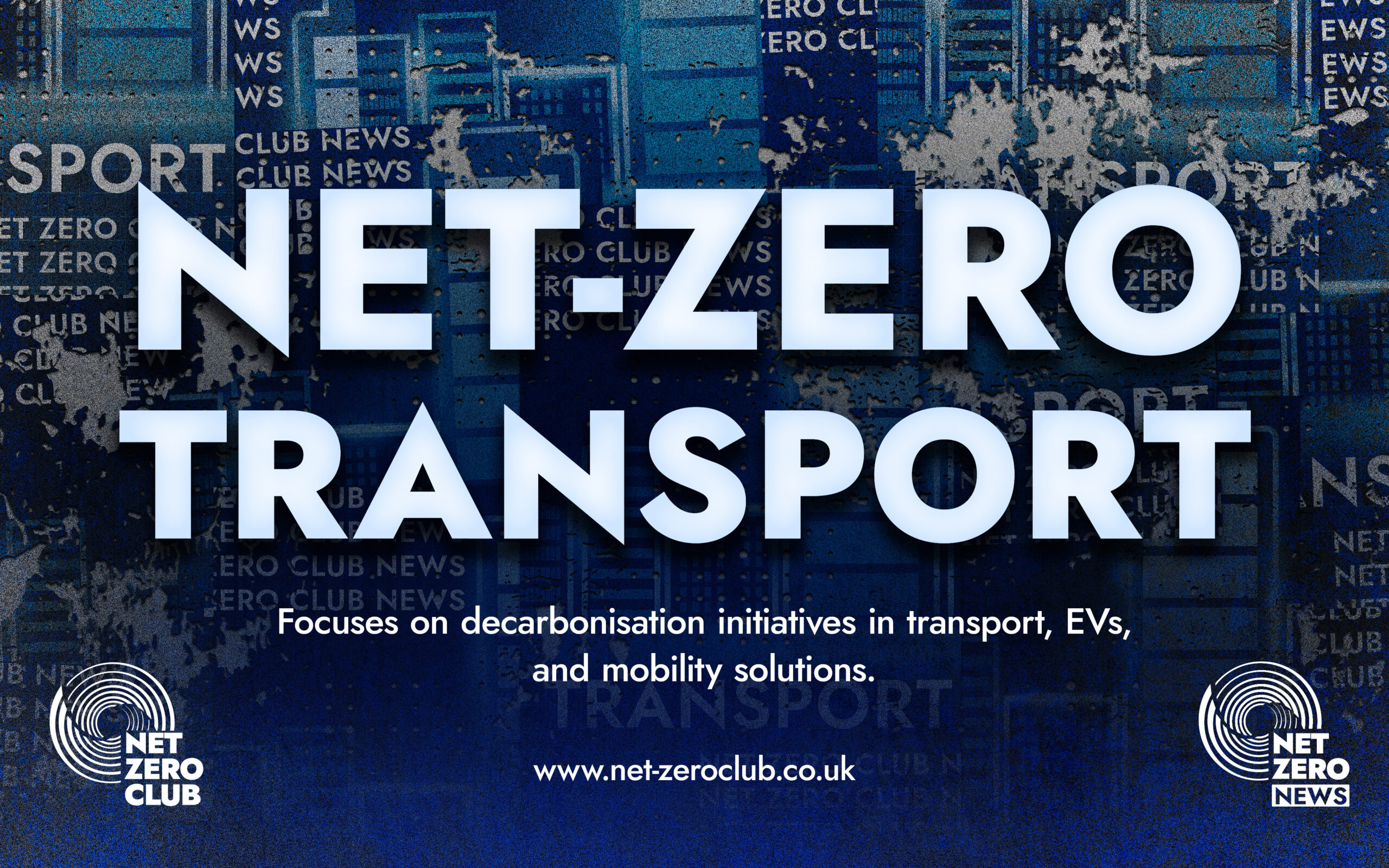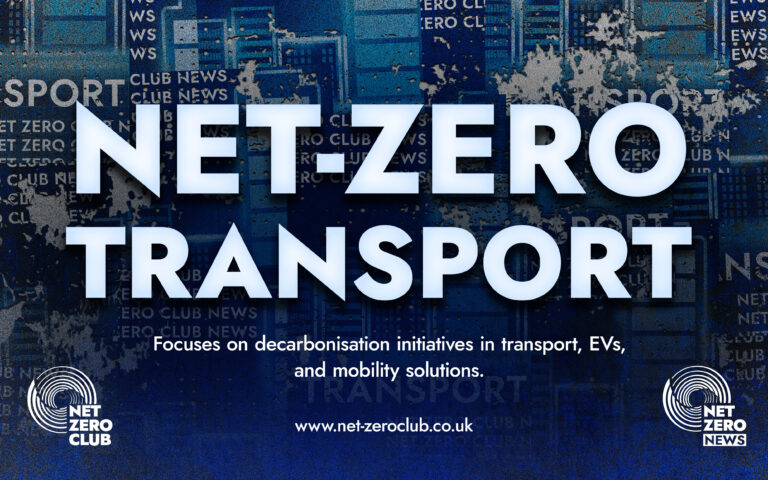ScottishPower to Energise Highlands EV Charging Network

Welcome, Net Zero News readers,
In an exciting development for electric vehicle (EV) infrastructure in Scotland, HITRANS, the Highlands and Islands Transport Partnership, has officially appointed ScottishPower to take the reins of its EV network. This strategic move comes as the publicly funded ChargePlace Scotland (CPS) contract reaches its conclusion, paving the way for a fresh approach to sustainable transport in the region.
ScottishPower will now oversee the management of 120 EV charging points, significantly enhancing the charging infrastructure across Argyll and Bute, the Western Isles, Orkney, and Shetland. This transition follows a successful installation of 23 new rapid charging stations last year, demonstrating HITRANS’ commitment to advancing EV accessibility in these beautifully remote areas.
With the CPS contract coming to an end, ScottishPower will assume comprehensive responsibilities, including mapping the EV charging points, providing payment solutions, managing the charge point system, and offering a dedicated driver helpline. This transition will see approximately 60 chargers migrating to ScottishPower’s network this winter, with an additional 60 scheduled for replacement and migration by early 2026. Local councils will also have the opportunity to transition their fleet chargers under the same agreement, further bolstering the region’s EV capabilities.
This new partnership aims to enhance the EV charging experience, particularly in rural and island communities, which often face unique challenges in accessing reliable charging infrastructure. The agreement promises to deliver an improved level of service, ensuring that both HITRANS and local councils can build a more dependable and customer-centric network. This is especially vital for areas that have historically struggled with the limitations of conventional transport infrastructure.
Among the additional benefits of this partnership are flexible tariff structures that can adapt to the needs of users, real-time monitoring for an improved user experience, automated fault resolution to minimise downtime, and charger sharing capabilities that promote efficiency in the use of charging stations. These features are not only designed to enhance user satisfaction but also to contribute to a more sustainable approach to EV charging across the Highlands and Islands.
Chris Carberry, ScottishPower’s strategic development director, expressed enthusiasm for the new partnership, stating: “We are delighted to be working with HITRANS to help facilitate a sustainable transition to electric vehicles across the region. We know that rural areas often face more challenges when it comes to accessing charging infrastructure, and we are committed to working with HITRANS to improve this and support wider public access to rapid charging for their vehicles as we all move towards a net zero future.”
Gemma Robinson, the EV infrastructure project manager for HITRANS, echoed this sentiment. She remarked, “ScottishPower submitted a very high-quality bid for this contract, and we are looking forward to working with their Smart Mobility team again on new objectives, having already successfully delivered a project together.” This collaboration highlights the importance of partnerships in achieving ambitious sustainability goals and improving infrastructure in underserved regions.
The agreement aligns with Transport Scotland’s broader plans to transition the ChargePlace Scotland network away from its existing publicly funded operator model and transition to new networks by early 2026. This shift marks a significant step towards a more integrated and sustainable transport network across the country.
Importantly, local councils will retain control over tariff setting and revenue collection, ensuring that communities can tailor solutions to their specific needs while benefiting from ScottishPower’s extensive expertise in energy generation, distribution, and innovative technologies. This local control is crucial for fostering trust and ensuring that the charging network meets the diverse needs of residents and visitors alike.
Future developments under discussion between HITRANS and ScottishPower include the exciting possibility of integrating locally generated renewable energy into the charging network. This could potentially reduce reliance on external energy sources and further enhance the sustainability of the EV infrastructure. Additionally, the deployment of battery storage technologies is also being considered, which could significantly bolster network resilience, allowing for more reliable service during peak demand times and ensuring that the network can adapt to the fluctuating availability of renewable energy.
The implications of this partnership extend beyond just improved access to charging points. It represents a vital step towards achieving the overarching goal of net zero emissions in Scotland and beyond. As more individuals and organisations turn to electric vehicles, a robust and reliable charging network will be essential for supporting this transition. The collaboration between HITRANS and ScottishPower exemplifies a proactive approach to creating the infrastructure necessary for a more sustainable future.
As we move forward into an era where electric vehicles are set to become the norm, the importance of accessible charging infrastructure cannot be overstated. Together, HITRANS and ScottishPower are paving the way for a cleaner, greener future for Scotland’s transport sector. By addressing the unique challenges faced by rural communities and enhancing the overall EV charging experience, they are setting a precedent for similar initiatives across the UK and beyond.
In conclusion, the partnership between HITRANS and ScottishPower marks a significant milestone in the journey towards a sustainable future. With a commitment to improving EV charging infrastructure, embracing innovative technologies, and prioritising the needs of local communities, this collaboration is a shining example of how strategic partnerships can drive meaningful change. As we continue to work towards our collective goal of achieving net zero emissions, initiatives like this will play a crucial role in shaping the future of transport in Scotland and beyond.
Stay tuned to Net Zero News for further updates on this exciting venture and other developments in the world of sustainable transport.

 Got net-zero news, project updates, or product launches to share?
Got net-zero news, project updates, or product launches to share? 


